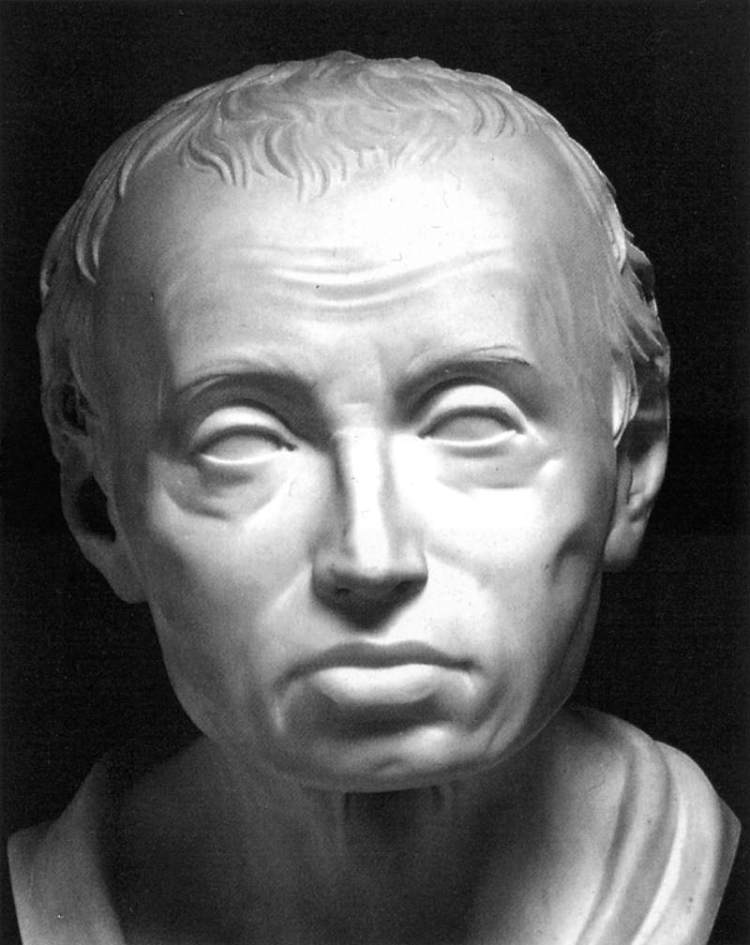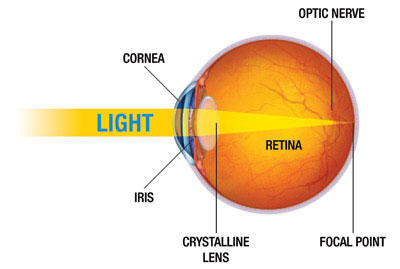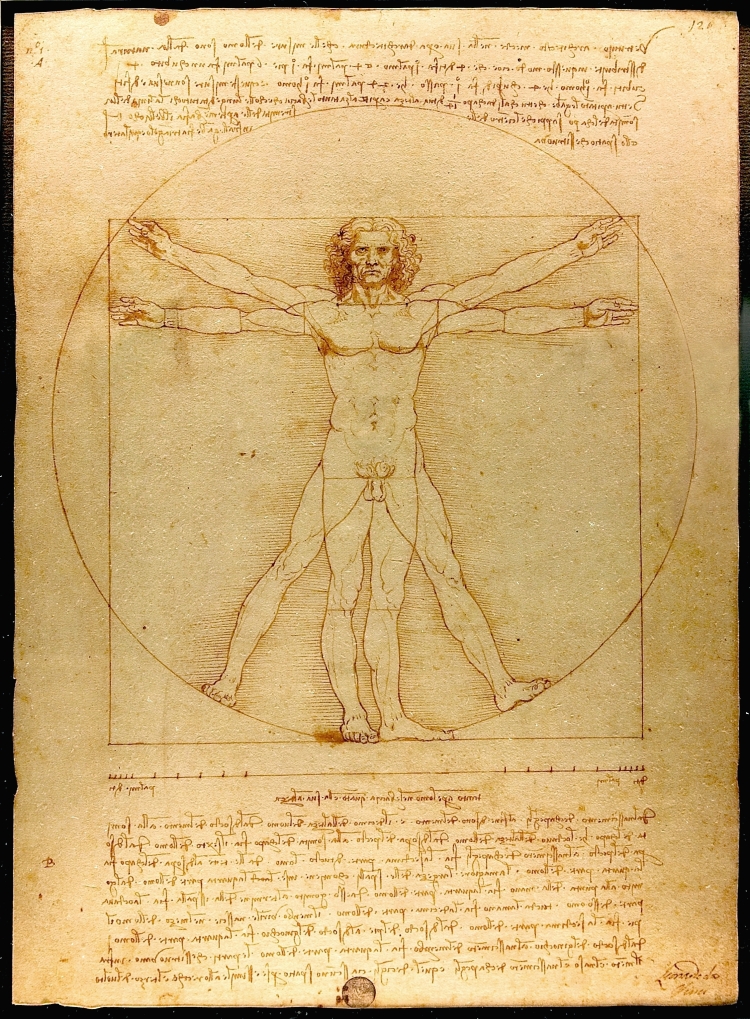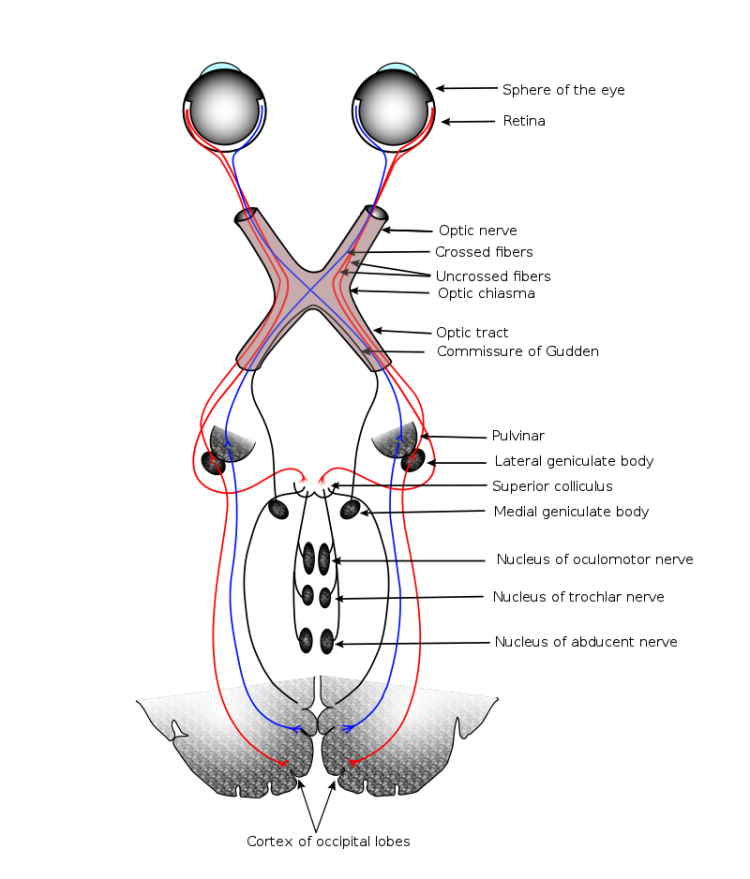
Pieter Claesz, ‘Still Life with Musical Instruments’, 1623. The painting illustrates the senses through musical instruments, a compass, a book, food and drink, a mirror, incense and an open perfume bottle. The tortoise may be an illustration of touch or an allusion to the opposite (the tortoise isolating in its shell).
Acceptance or rejection of the concept matter is a question of the confidence man places in the evidence of his sense-organs, a question of the source of our knowledge, a question which has been asked and debated from the very inception of philosophy, which may be disguised in a thousand different garbs by professorial clowns, but which can no more become antiquated than the question whether the source of human knowledge is sight and touch, hearing and smell. To regard our sensations as images of the external world, to recognise objective truth, to hold the materialist theory of knowledge—these are all one and the same thing. To illustrate this, I shall only quote from Feuerbach and from two textbooks of philosophy, in order that the reader may judge how elementary this question is.
“How banal,” wrote Feuerbach, “to deny that sensation is the evangel, the gospel (Verkündung) of an objective saviour.” (Feuerbach, Sämtliche Werke, X. Band, 1866, S. 194-95) A strange, a preposterous terminology, as you see, but a perfectly clear philosophical line: sensation reveals objective truth to man. “My sensation is subjective, but its foundation or cause (Grund) is objective” (S. 195). Compare this with the quotation given above where Feuerbach says that materialism starts from the sensuous world as an ultimate (ausgemachte) objective truth.
Sensationalism, we read in Franck’s dictionary of philosophy, (Dictionnaire des sciences philosophiques [Dictionary of the Philosophical Sciences], Paris, 1875) is a doctrine which deduces all our ideas “from the experience of the senses, reducing knowledge to sensations”. There is subjective sensationalism (skepticism and Berkeleianism), moral sensationalism (Epicureanism),1 and objective sensationalism. “Objective sensationalism is materialism, for matter or bodies are, in the opinion of the materialists, the only objects that can affect our senses (atteindre nos sens).”
“If sensationalism,” says Schwegler in his history of philosophy, (Dr. Albert Schwegler, Geschichte der Philosophie im Umriss [History of Philosophy in Outline], 15-te Aufl., S. 194) “asserted that truth or being can be apprehended exclusively by means of the senses, one had only [Schwegler is speaking of philosophy at the end of the eighteenth century in France] to formulate this proposition objectively and one had the thesis of materialism: only the sensuous exists; there is no other being than material being.”
These elementary truths, which have managed to find their way even into the textbooks, have been forgotten by our Machists.
V.I.Lenin, Materialism and Empirio-Criticism: Critical Comments on a Reactionary Philosophy, 1908, Progress Publishers, Moscow, 1975, pp. 107-115

Note
1. Skepticism: a philosophical trend that casts doubt on the possibility of knowing objective reality. It arose in ancient Greece as early as the 4th to 3rd centuries B. C. It was founded by Pyrrho and Aenesidemus and Sextus Empiricus were among its prominent exponents. The adherents of ancient skepticism drew agnostic conclusions from the premises of sensationalism. Making the subjectivity of sensation into an absolute, the skeptics insisted on the need to refrain from any definite judgments about things. They considered that man cannot go beyond his sensations and determine their truth.
During the period of the Renaissance, the French philosophers Michel Montaigne, Pierre Charron and Pierre Bayle made use of skepticism for combating medieval scholasticism and the Church.
In the eighteenth century skepticism was revived in the agnosticism of Hume and Kant, and an attempt to modernise ancient skepticism was made by Gottlieb Schulze (Aenesidemus). The arguments of skepticism were used by the Machists, neo-Kantians and other idealist philosophical schools from the middle of the nineteenth to the beginning of the twentieth century.
Epicureanism: the doctrine of the ancient Greek materialist philosopher Epicurus of the 4th to 3rd centuries B. C. and his successors. The aim of philosophy, according to this doctrine, was man’s happiness, freeing him from suffering and enabling him to attain a state of bliss. It taught that philosophy was called upon to overcome obstacles to happiness: the fear of death due to ignorance of the laws of nature and giving rise therefore to belief in supernatural divine forces.
According to Epicurus, there are only atoms and the void in the universe, in which atoms move down under their own weight. Falling with the same velocity, the atoms swerve from their rectilinear movement, collide and concatenate, forming various bodies. Epicurus recognised the objective character of the properties of things and regarded the universe as infinite, governed by natural and not by divine laws. He denied the immortality and non-materiality of the soul, and maintained that it was a material body of fine parts distributed through the whole body structure. His theory of the material nature of the soul was closely linked with his atheism, which negated gods’ interference in the affairs of nature and man.
As regards the theory of knowledge, Epicurus was a sensationalist. He supposed that very subtle images proceed from things and penetrate the human soul through the sense-organs. Conceptions of things are formed on the basis of the sense perceptions of the soul, in which memory preserves only the general features of images. Epicurus regarded sense-perceptions themselves as the criterion of truth, and he considered that the source of errors lay in the accidental character of individual sensations or in the overhasty formation of judgments. Epicurus gave a materialist, though rather naïve, interpretation of the fundamentals of the cognitive process.
The idealists, who distorted the teaching of this great materialist of ancient Greece, made more attacks on Epicureanism than on the other philosophical theories of antiquity.
In the definition of sensationalism quoted by Lenin, Franck rightly regards Epicureanism as a variety of it, but he draws an incorrect distinction between Epicureanism and objective materialist sensationalism. In his conspectus of the Lectures on the History of Philosophy by Hegel who did not understand Epicurus’ theory and distorted it, Lenin showed that Epicureanism was a form of ancient Greek materialism. ↩
Image









